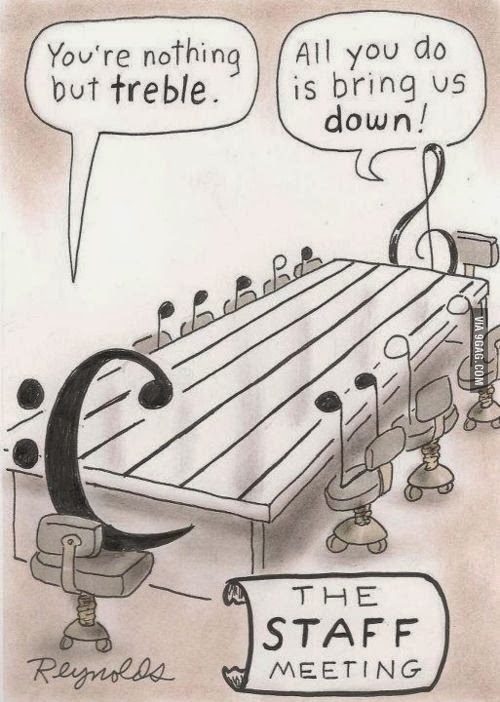It is disappointing when you can't find anything about the actual writing of a hymn and that is the case with this one. However, that doesn't take anything away from the appreciation of the message. The writer, Edwin Othello Excell (1851 – 1921), commonly known as E. O. Excell, was a prominent American publisher, composer, song leader, and singer of music for church, Sunday school, and evangelistic meetings during the late nineteenth and early twentieth centuries. Excell was born in Uniontown, Ohio and attended public schools in Ohio and Pennsylvania. After marrying in 1871 near Brady's Bend, Pennsylvania, he supported his family for several years as a plasterer, bricklayer, and singing instructor. His focus was turned to sacred music through his experience leading songs at revivals and worship services of Methodist Episcopal churches, first in East Brady and then, starting in 1881, Oil City, Pennsylvania. Excell compiled or contributed to about ninety secular and sacred song books and is estimated to have written, composed, or arranged more than two thousand of the songs he published. The music publishing business he started in 1881 and that eventually bore his name was the highest volume producer of hymnbooks in America at the time of his death. Excell was described as "a big, robust six-footer, with a six-in caliber voice" and extraordinary range that enabled him to solo as baritone or tenor. His song "Since I Have Been Redeemed" is a marvelous testimony of what happens when a sinner accepts the free gift of salvation and is redeemed. We have a new song to sing, a Christ who satisfies, a witness within, a new home and a new joy. And that is worth singing about! Incidentally, as a sidelight for those who are often critical of the number of repeated phrases in today's praise music, count the number of repeated phrases in this old hymn. Sometimes things don't change as much as we think. But rejoice as you sing along this week.
(1) I have a song I love to sing,
Since I have been redeemed,
Of my Redeemer, Savior King,
Since I have been redeemed.
Since I have been redeemed,
Since I have been redeemed,
I will glory in His Name,
Since I have been redeemed,
I will glory in the Savior's Name.
(2) I have a Christ Who satisfies
Since I have been redeemed,
To do His will my highest prize,
Since I have been redeemed.
Since I have been redeemed,
Since I have been redeemed,
I will glory in His Name,
Since I have been redeemed,
I will glory in the Savior's Name.
(3) I have a witness bright and clear,
Since I have been redeemed,
Dispelling every doubt and fear,
Since I have been redeemed.
Since I have been redeemed,
Since I have been redeemed,
I will glory in His Name,
Since I have been redeemed,
I will glory in the Savior's Name.
(4) I have a home prepared for me,
Since I have been redeemed,
Where I shall dwell eternally,
Since I have been redeemed.
Since I have been redeemed,
Since I have been redeemed,
I will glory in His Name,
Since I have been redeemed,
I will glory in the Savior's Name.
(5) I have a joy I can't express,
Since I have been redeemed,
All through His blood and righteousness,
Since I have been redeemed.
Since I have been redeemed,
Since I have been redeemed,
I will glory in His Name,
Since I have been redeemed,
I will glory in the Savior's Name.
















